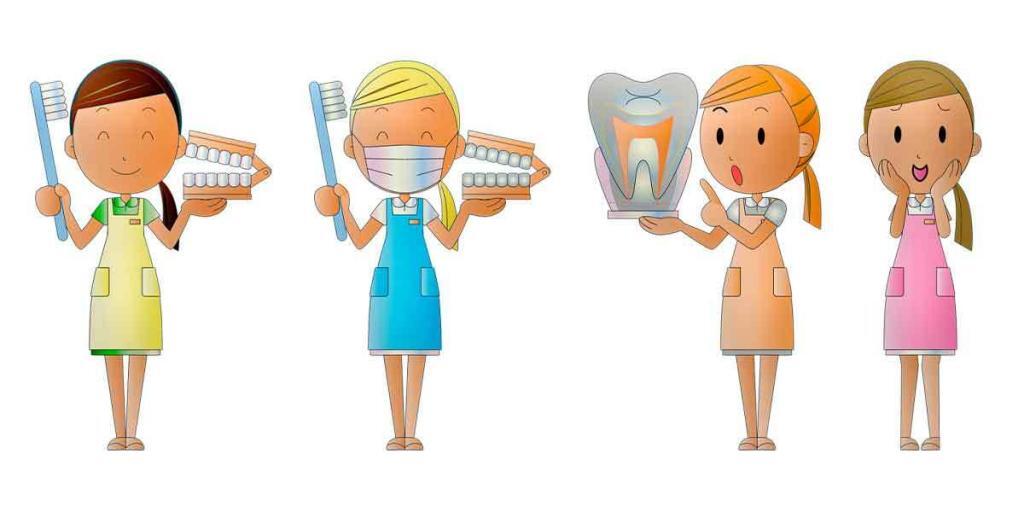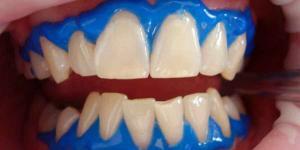Every parent always wants their children to have a healthy mouth with healthy teeth. Whether the child is very young or in the process of losing their primary teeth, having their oral health care of is mandatory. The dental health of a child is as important as their overall wellbeing.
It is of no surprise to many parents that one of the leading childhood diseases is tooth decay. It is also one of the pediatric diseases that cannot be prevented through vaccination. Compromising a child’s oral health has several unfortunate outcomes that every parent needs to avoid.
Pediatric tooth decay is one of these outcomes. Unfortunately, it comes with a lot of pain and discomfort. Continued decay can result in the loss of baby teeth, which play a vital role in the child’s development.
Causes of Pediatric Tooth Decay
Failure to clean baby teeth and gums – Most parents never clean their child’s mouth until their first teeth show up. Even with this, a good percentage still doesn’t see the need to clean the teeth. Children can only learn to brush and floss after attaining a certain age. If the parent is not dedicated to constant oral care practices for their child, the gums and teeth may develop diseases that may be transferred to permanent teeth.
Ignoring dental visits – similarly, some parents keep postponing clinic appointments until the child develops all their primary teeth. As a result, dental problems remain untreated, and these may progress into more complicated issues that need extensive treatment.
Poor diet – children need to adapt to good feeding habits from an early age. However, most of them love sweet-tasting food, which may not be ideal for their health. Even some fruits and fruit juices contain sugar that may alleviate cavities. These may lodge in the teeth and cause the development of bacteria.
Alongside poor diet, there is usually a challenge around setting a feeding and snacking schedule for children. With inconsistent feeding times, it becomes difficult to monitor what the child eats. Continuous snacking can cause the accumulation of more germs and bacteria in the baby’s mouth. Without regular cleaning, tooth decay may occur.
Every parent that has the best interest of their child at heart will always ensure that their gums and teeth are well taken care of. Postponement of this care increases the risk of pediatric tooth decay and cavities. With regular cleaning, parents must also make regular visits to the Brooklyn dental center for an adequate checkup.
Signs of Pediatric Tooth Decay
Childhood tooth decay is a significant problem that can also be prevented by giving your child the best preventative care. The onset of tooth decay is often hard to notice since you may not see any visible symptoms. As the condition progresses, some changes become more noticeable. Some of these include:
- Light brown to black pigmentation on the child’s teeth. The discoloration is often the first symptom noticed by most parents. It is as a result of the breaking enamel. As the enamel becomes weak, germs, bacteria, and plaque infiltrate the dentin layer of the tooth, making it change color.
- White spots. These are common when the baby teeth are exposed to excess fluoride.
- Pain is also a symptom of decay. When your child keeps complaining of pain in their tooth, get them checked by a dentist since it could be a sign of compromised tooth enamel.
- Sensitivity to sour or sweet drinks and foods. This may also be accompanied by sensitivity to cold or hot drinks. All these signify damaged enamel or exposed tooth nerves.
These are some of the visible symptoms of decay. Others may not be entirely visible and can only be diagnosed by a pediatric dentist, who will prescribe an ideal mode of treatment.
Conclusion: Preventing Tooth Decay
Maintaining healthy gums, teeth, and mouth for your child can be quite challenging. However, there is no alternative to good oral hygiene. When you start teaching these to your child in good time, they are likely to continue with the habit into adulthood.
Young children cannot clean their teeth and gums adequately. They need the support of their parents. Some pediatric dentists provide sealants that can be used to prevent decay. The sealant is a plastic cover that is placed on the child’s teeth. Their work is to prevent food particles from lodging on the child’s baby teeth, thus eliminating the possibility of decay.
In case decay has already occurred, the dentist will use different methods to treat it. Some of the methods ideal for children include filling, using a crown, or extraction. Parents can discuss the best option for their children at the Brooklyn dental center before it gets affected.



